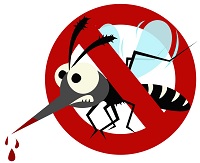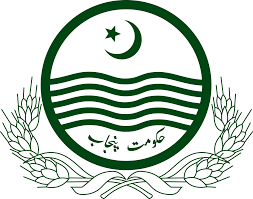2nd Year MCQs Biology
Chapter No. 18 Reproduction
11. Which of the following statements is true of clones?
(A) Clones show variation
(B) Clones have DNA identical to parent
(C) Clones are formed by meiotic division
(D) All the choices are incorrect
Answer:
(B) Clones have DNA identical to parent
12. Vegetative propagation does not involve:
(A) Root parts
(B) Stem parts
(C) Leaf parts
(D) Flower parts
Answer:
(D) Flower parts
13. The mass of dividing undifferentiated cells of the cut end of the shoot is called:
(A) Callus
(B) Peribleni
(C) Dermatogen
(D) Pericycle
Answer:
(A) Callus
14. One of the following is not a method of asexual reproduction:
(A) Spontlation
(B) Gametogenesis
(C) Apomixis
(D) Parth en no gcnesi s
Answer:
(B) Gametogenesis
15. Tissue culture is a technique used to produce a large number of plants quickly which are all:
(A) Variable
(B) Unicellular
(C) Identical
(D) All (A), (B) and (C)
Answer:
(C) Identical
16. Which of the following disadvantages applies to tissue culture?
(A) Clone may be genetically unstable
(B) Clone may be infertile
(C) Clone karyotype may be altered
(D) All of the choices are comet
Answer:
(D) All of the choices are comet
17. A flagellated motile sperm fertilizing a non-motile egg is called:
(A) Isogamy
(B) Anisogamy
(C) Oogamy
(D) All of the choices are correct
Answer:
(C) Oogamy
18. A type of syngamy in which both fusing gametes are flagellated but different in size are known as:
(A) Isogamy
(B) Anisogam
(C) Oogamy
(D) All of the choices are correct
Answer:
(B) Anisogam
19. A type of sygnamy in which both fusing gametes are flagellated and same in size are known as:
(A) Isogamy
(B) Ansogamy
(C) Oogamy
(D) All of the choices are correct
Answer:
(A) Isogamy
20. In gymnosperms the main plant is diploid and:
(A) Homosporous
(B) Heterosporous
(C) Micros porous
(D) Megasporous
Answer:
(B) Heterosporous


